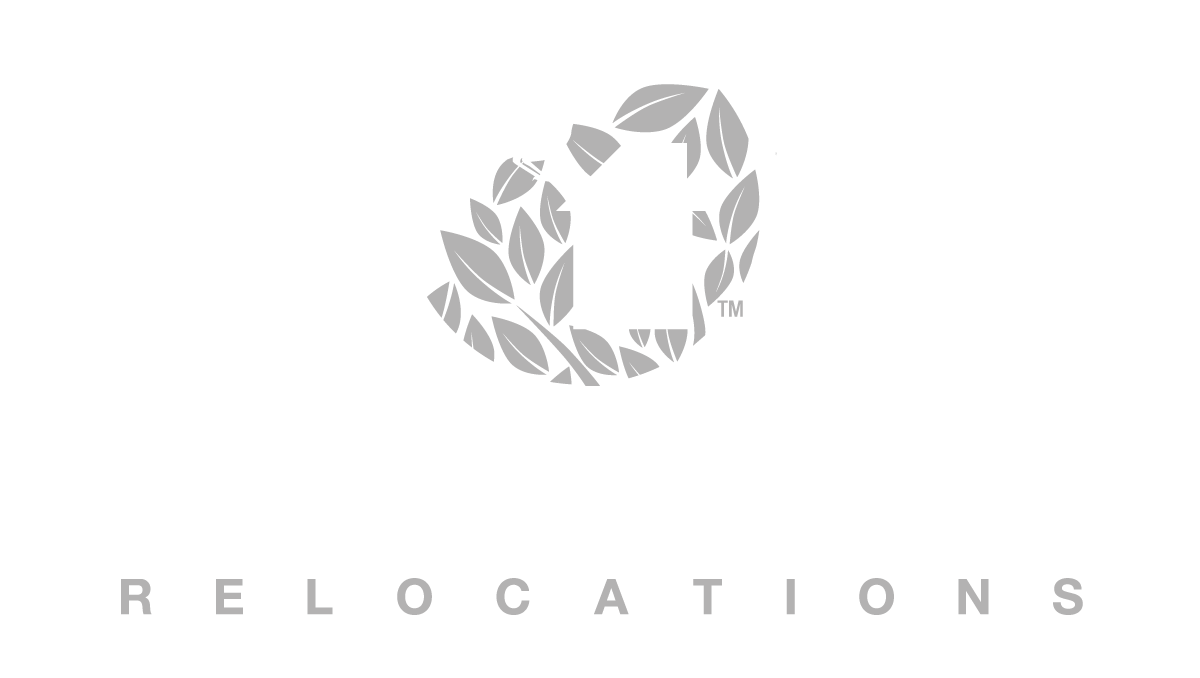Renting a Property with Pets
/If you are worried about finding a rental property in Perth that allows pets, it may not be as difficult as you think.
As Perth’s rental market weakens, tenants can be more hopeful of being able to keep all members of their family together. Owners are increasingly welcoming good tenants with good pets, and there are also ways you can improve your chances of gaining approval.
In most cases, the landlord makes the decision on pets
The decision whether or not to allow pets is made by the owner, even if the property is being looked after by a property manager.
Owners are advised to keep an open mind, in order to lease the property sooner to quality tenants. A willingness to accommodate a tenant’s much-loved furry friend could give owners a competitive advantage by appealing to a broader demographic. This can be especially important in family-oriented neighbourhoods.
In some cases, however, strata and communal laws may prohibit or restrict animals around the property, even if the individual landlord is in favour.
How to give your pet the best chance of approval:
Trying to find rental accommodation when you own a pet can be tough, but it is possible.
From the outset, it is important to be upfront with the property manager and owner. Don’t try to sneak your pets in – the consequences of breaking the lease may mean you have to leave the property, or part with your pet in order to stay. When this situation occurs, it is usually because the pet was not declared or was obtained after the lease was signed.
Be aware of the pet bond
Under the Residential Tenancies Act (RTA), a pet bond of $260 may be taken if approval is given for a cat or dog. This money can only be used for fumigation if needed - any repairs to damage caused by the animal that is not rectified by the tenants at the end of the lease will be deducted from the main bond.
An owner or property manager cannot request bond money for additional animals, or ask for more than $260, regardless of how many pets you have.
Get your pet a reference
It can be helpful to provide a reference for your animal, to help sway the landlord’s decision in your favour. This could be in the form of a positive letter from a previous landlord or property manager – ideally someone who can be contacted to verify their comments.
Details can include the pet’s age and temperament, and whether it is micro-chipped or de-sexed.
Approval is case by case
If approval is granted to allow a particular pet to inhabit a rental property, then this only applies to the animal in question, and cannot be transferred to other or additional pets.
Further approval must be sought for additional animals or a replacement pet if the original one dies or leaves.
Finding a pet-friendly rental property
If you’re searching for a pet-friendly rental on www.realestate.com.au/rent, you can tick the ‘Pets Allowed’ box in your search criteria to narrow the results.
However, if the property does not openly describe itself as pet-friendly but appears to suit the needs of you and your pet, it is still a good idea to ask. Many landlords are prepared to discuss the situation.
Other ways to sweeten the deal
Offering slightly more rent is another way to sweeten the deal, or you can suggest a trial period, or offer additional cleaning measures. You could communicate how you plan to deal with pet waste and minimise noise from your animal by regular exercise.
Finally, get any agreements in writing. If tenants use a REIWA property manager, they can ask for the Pet Lease Agreement. Alternatively, you can draw up a separate Pet Agreement with your property manager that outlines all of your responsibilities.




























